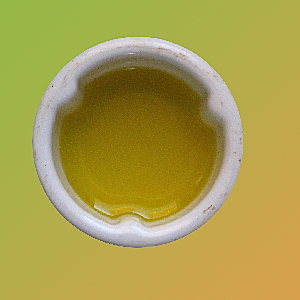
Today (Friday November 26) is World Olive Tree Day, as growers in the northern hemisphere prepare to pick the next crop of olives. More than two thirds of the world’s olive trees grow in the Mediterranean basin and survive thanks to their deep roots. Younger trees planted in more recent groves will often be irrigated until their roots have reached cooler, damp rock formations.

Olives are a winter crop: starting in November unripe green olives are gathered and pressed for distinctively strong, green oil. As the winter progresses, the olives darken and ripen, the oil changing to gold as the flavour softens with the fruit. The harvest continues into February and March, depending on varieties and locations.
Traditional olive-picking techniques needed the olives to be hard enough not to break up as pickers beat the trees with heavy sticks. Today, large groves are harvested with a mechanical arm attached to the trunk of the tree. The tree is then shaken vigorously, emptying the fruit onto large sheets spread out to catch the crop. The process is stressful for the tree, but is quicker than the stick-wielding villagers. The remaining winter months are a time of recovery.
Once picked, olives are fragile. Away from the tree, the olives start to accumulate free oleic acid as they oxidise during the different stages of processing. Only when the oil is extracted and stored under nitrogen can the oxidation be halted. The largest pressing plants, typically in Spain, where batches are consolidated and have more time to oxidise, face the prospect of minimising the effects as best they can.
Olives picked for the table have an additional constraint: unlike olives bound for pressing, every table olive needs to be visually perfect. To remove the stones from olives, the flesh needs to be firm and the olive must be unripe. To produce black pitted olives, green olives are treated to make the flesh black and then the stones can be removed mechanically. By the time an olive has fully ripened and turned black naturally, it is no longer possible to remove the stones mechanically, since the soft flesh just falls apart. The taste, however, is exquisite.


Leave a Reply